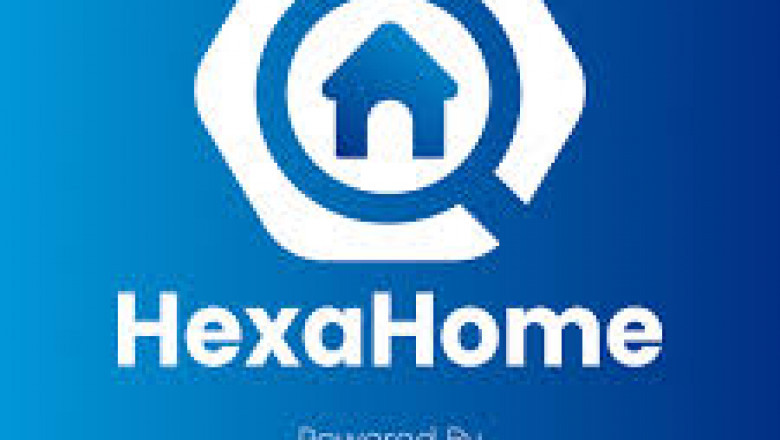views
The integration of smart home technology has rapidly shifted from a luxury amenity to a mainstream expectation in the real estate market. As homeowners and potential buyers become more tech-savvy, the question arises: Do smart homes genuinely increase property value, or do they simply add to upfront costs?
Smart Homes and Property Value: The Evidence
Multiple studies and market reports consistently show that smart home features can increase a property's value. Homes equipped with smart technology-such as automated lighting, security systems, smart thermostats, and energy-efficient appliances-often command higher prices and sell faster than comparable homes without these features.
Premium Pricing: Buyers are willing to pay a premium for homes with integrated smart features, especially in competitive markets and luxury segments. For instance, properties with smart security systems or thermostats have been shown to see value increases of 3-5%.
Faster Sales: Smart homes tend to attract more interest and sell more quickly, as they stand out in listings and appeal to modern buyers seeking convenience and efficiency.
Appeal to Younger Buyers: Millennials and Gen Z, who now make up a significant portion of homebuyers, prioritize technology and are more likely to pay extra for smart-enabled properties.
Key Value-Adding Features
Certain smart home features are particularly influential in boosting property value:
Smart Security Systems: Features like surveillance cameras, smart locks, and motion sensors are highly valued for the safety and peace of mind they provide.
Energy-Efficient Devices: Smart thermostats, automated lighting, and energy monitors not only lower utility bills but also appeal to eco-conscious buyers, making these homes more desirable.
Convenience and Automation: The ability to control lighting, climate, and appliances remotely or via voice commands enhances daily living and is a major draw for potential buyers.
Cost Considerations
While the benefits are clear, there are upfront costs associated with installing smart home systems. The price can vary widely depending on the sophistication and number of devices, ranging from a few thousand to several lakhs of rupees for a fully integrated system. However, these costs are often offset by:
Energy Savings: Reduced utility bills from efficient devices can provide long-term financial benefits.
Higher Resale Value: The initial investment in smart technology is frequently recouped through higher sale prices and faster transactions.
Rental Premiums: Smart homes can command higher rents, appealing to tenants looking for modern amenities.
Potential Downsides
Upfront Investment: Not all buyers may be willing or able to pay the premium for smart features, particularly in lower-priced segments.
Privacy and Security Concerns: Data privacy and the risk of hacking are growing concerns for some buyers, potentially impacting desirability.
Technology Obsolescence: Rapid advancements may render some systems outdated, requiring periodic upgrades to maintain value.
Conclusion
Smart homes are more than a trend-they are a value-adding evolution in residential real estate. The evidence strongly suggests that, when implemented thoughtfully, smart home technology increases property value, enhances marketability, and offers long-term savings, outweighing the initial costs for most homeowners and investors. As technology continues to advance and buyer preferences evolve, smart features are likely to become standard, further cementing their role in boosting property values.
HexaHome is a platform for property transactions, offering verified listings and advanced search tools to make buying, selling, and renting real estate seamless and secure. Hexadecimal Software Private Limited, based in Uttar Pradesh, delivers innovative IT solutions that drive digital transformation in real estate and other sectors, exemplifying the powerful synergy between technology and property markets.














Comments
0 comment